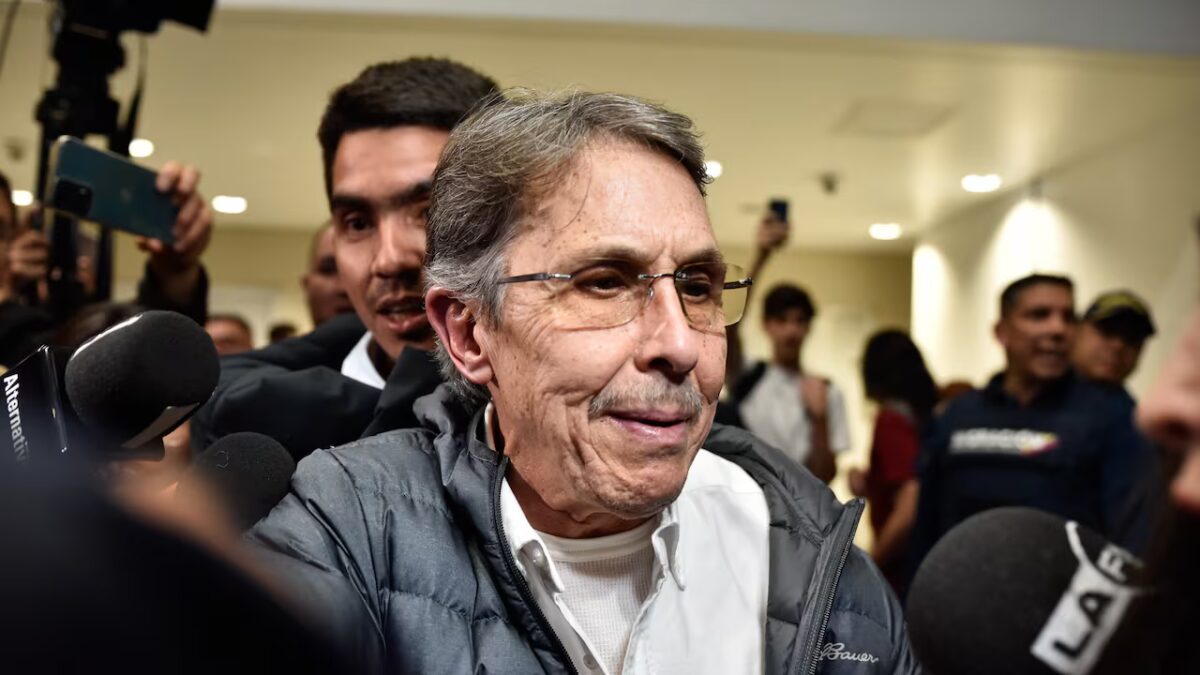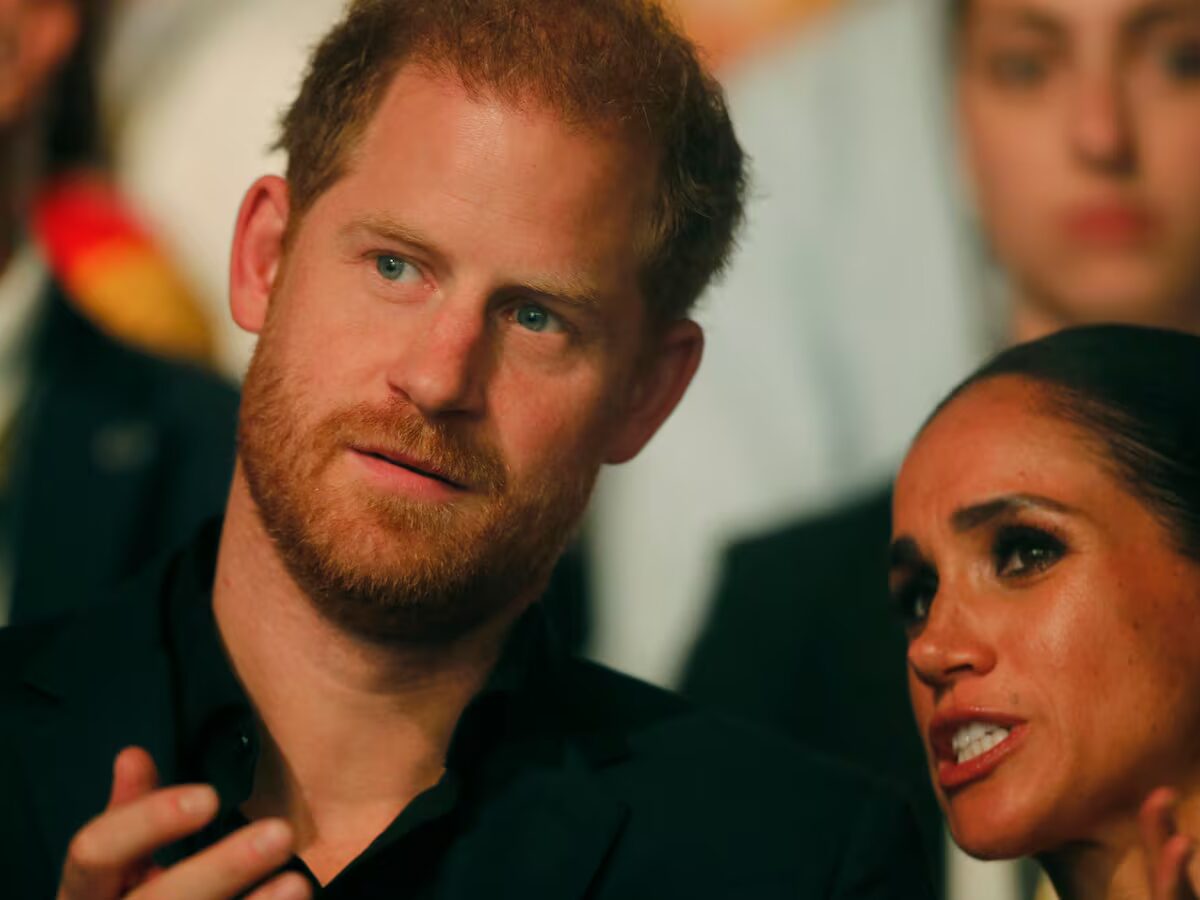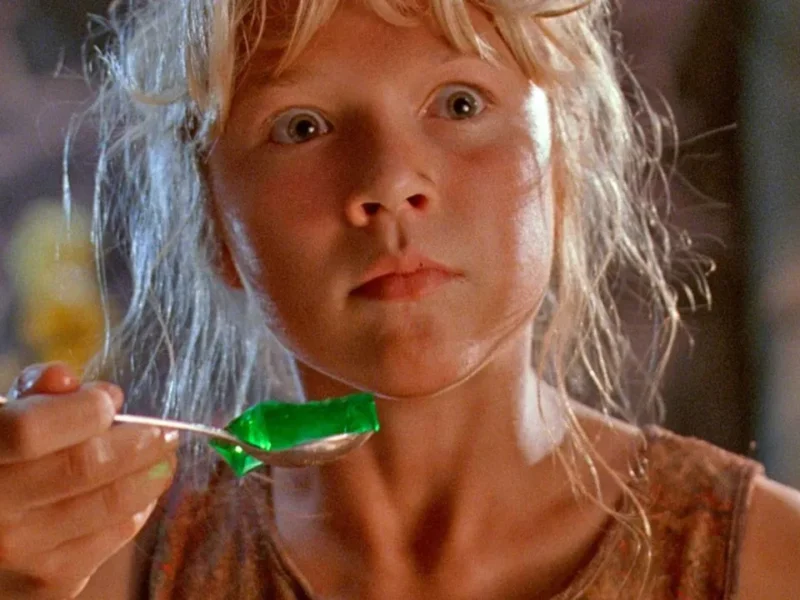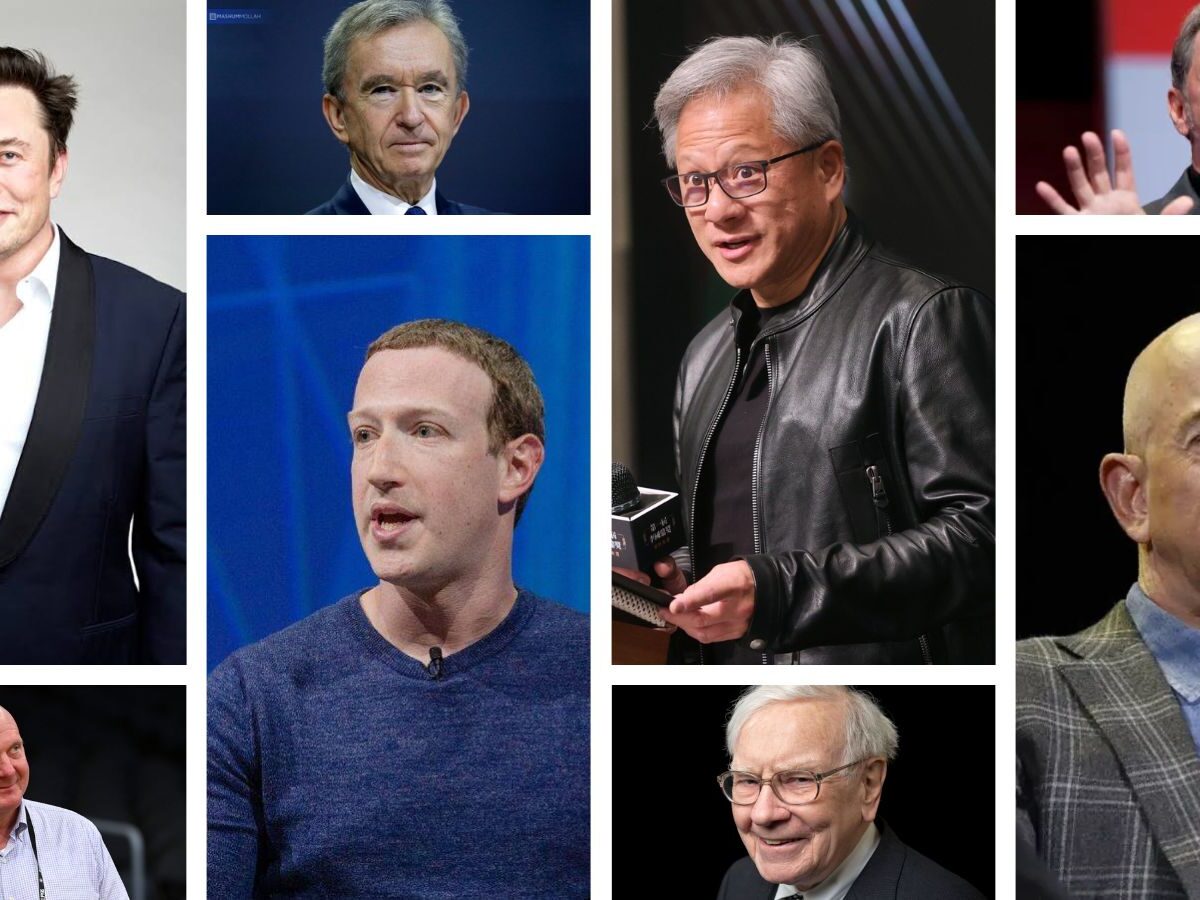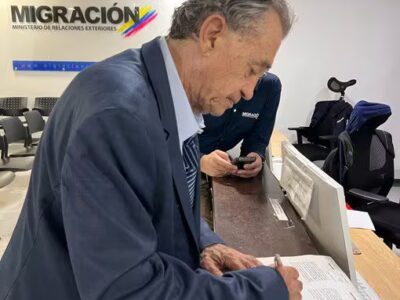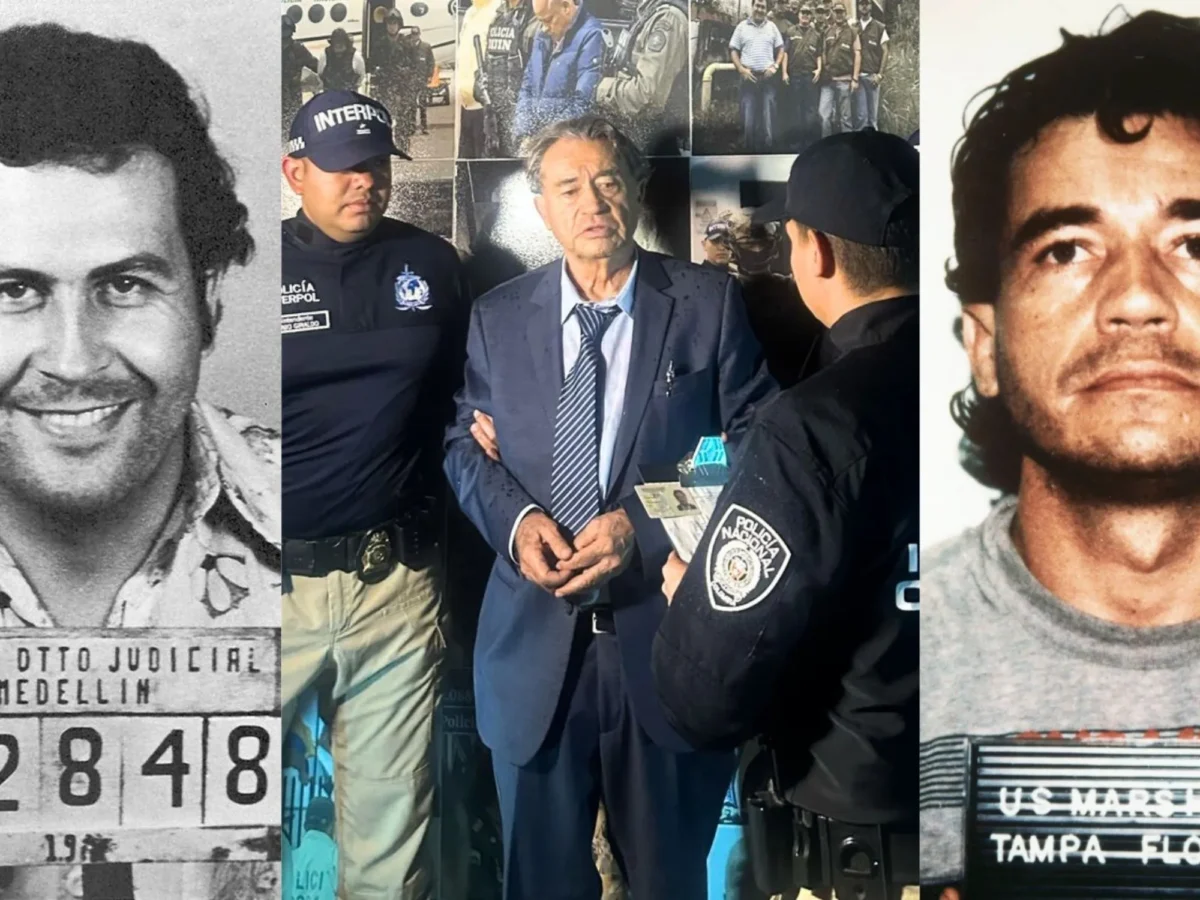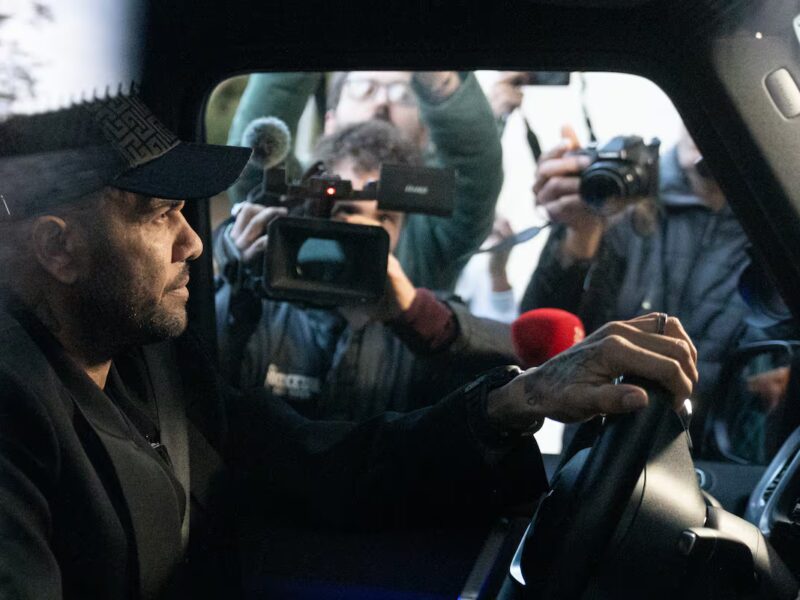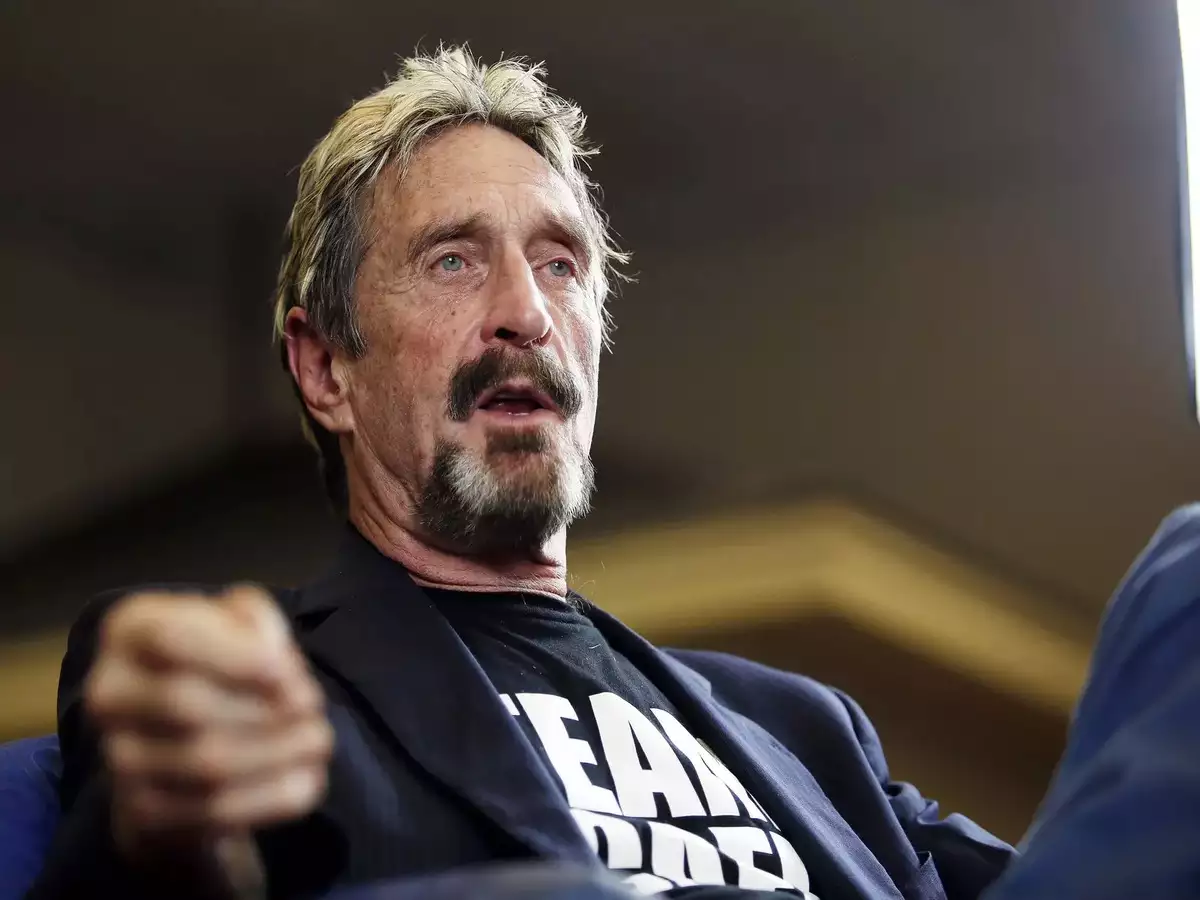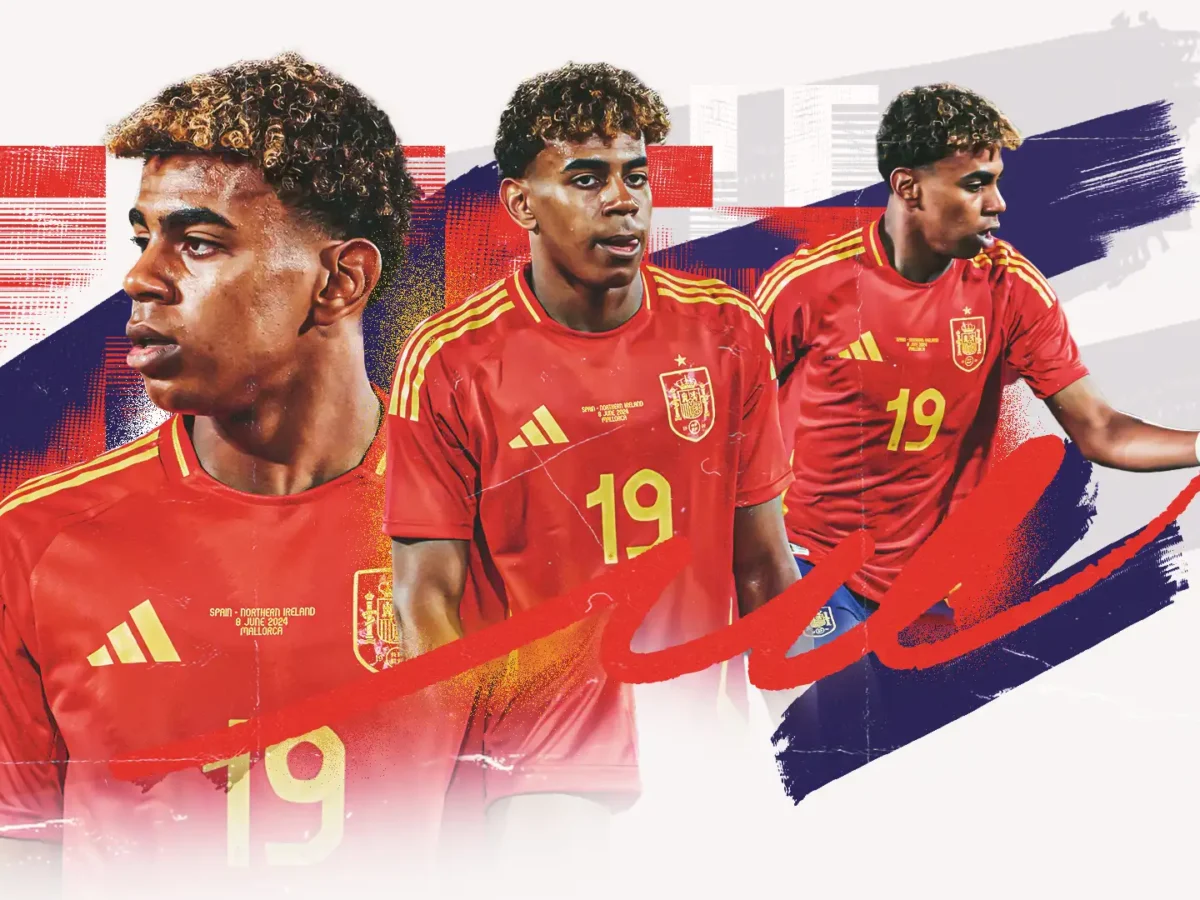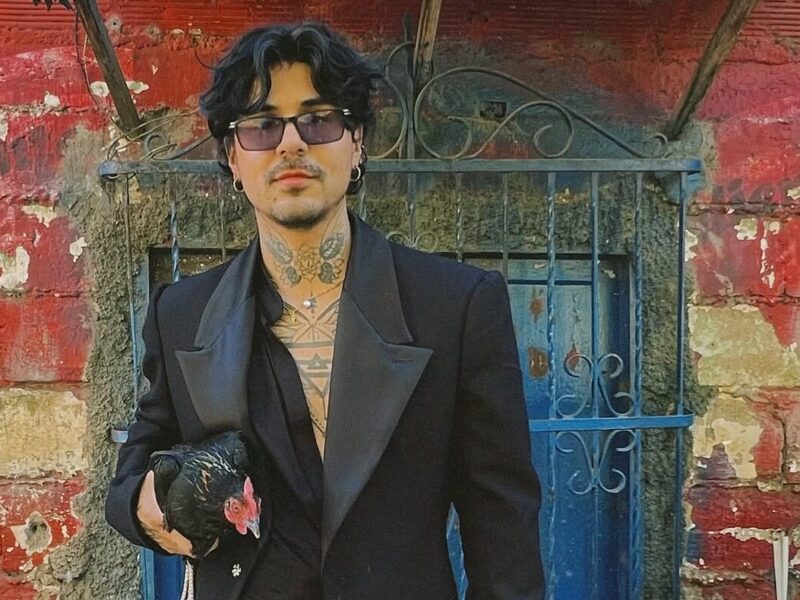The name Fabio Ochoa Vásquez once struck fear across the Americas, as he was one of the key figures in the notorious Medellín Cartel, led by Pablo Escobar. After serving 25 years of a 30-year sentence in a U.S. prison, Ochoa was deported back to Colombia this week, where he was immediately released. His arrival reignites discussions about his criminal legacy and the evolving dynamics of the international drug trade.
Ochoa, 67, returned to Bogotá’s El Dorado Airport under the watchful eye of immigration officials wearing bulletproof vests. What followed was a surprising lack of ceremony: no police arrests, no pending charges, and a mere administrative process. The Colombian authorities, after verifying his legal standing, stated he was free to “reunite with his family.” This marks an unusual twist in the story of a man whose operations helped shape the global narcotics industry of the 1980s.
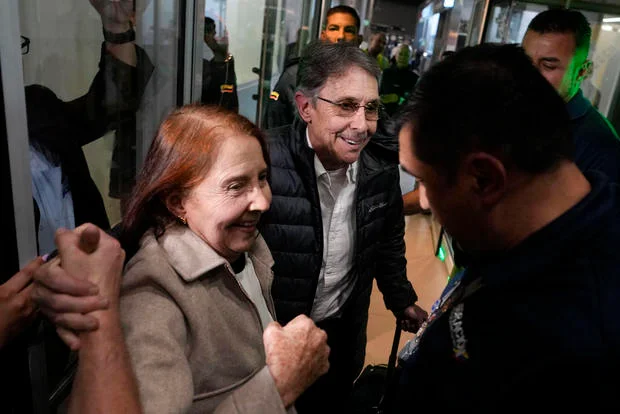
A Pillar of the Medellín Cartel
Fabio Ochoa Vásquez, alongside his brothers Juan David and Jorge Luis, played an integral role in establishing the Medellín Cartel as a drug-trafficking powerhouse. Their fortune skyrocketed as they pioneered cocaine distribution routes into the United States. By 1987, Forbes listed them as billionaires, an indication of the massive scale of their operations. While Escobar often captured the limelight, the Ochoa brothers were equally influential in the cartel’s inner workings, operating behind a facade of ranching and horse breeding.
Ochoa’s involvement in the cartel was not without personal consequences. In the 1980s, he was implicated in the murder of Barry Seal, a U.S. pilot turned informant, further solidifying his notoriety. Despite turning himself into Colombian authorities in the 1990s, Ochoa managed to avoid extradition through a plea deal. However, his eventual re-arrest in 1999 and subsequent extradition to the United States signaled a pivotal shift in Colombian-U.S. relations concerning drug kingpins.
A Soft Landing for a Controversial Figure
Ochoa’s release from U.S. custody and return to Colombia reveal stark differences in legal attitudes toward former cartel leaders. In Colombia, his record has seemingly faded into obscurity. The lack of pending charges or additional detention underscores a legal environment more focused on contemporary issues of drug trafficking rather than historical crimes. This might explain why Ochoa received no public resistance upon his return.
His release also raises questions about residual wealth and influence. Richard Gregorie, a former U.S. attorney involved in his prosecution, speculated that not all of the Ochoa family’s illicit assets were ever confiscated. This has led to conjecture that Ochoa might not be returning to a life of hardship.
A Legacy Immortalized in Pop Culture
For many, the name Fabio Ochoa has been reintroduced through modern media. His character has appeared in dramatizations such as Netflix’s Narcos and Griselda, where his fictionalized persona sheds light on his cartel connections and tumultuous relationship with rival traffickers like Griselda Blanco. These portrayals have sparked renewed interest in the Medellín Cartel’s infamous history while glossing over the real-world consequences of their actions.
As Ochoa steps back into the Colombian landscape, his next moves remain uncertain. Will he embrace a quiet life, shielded by fading public memory, or could his release set the stage for renewed controversy in a nation still grappling with the scars of its narco past?

